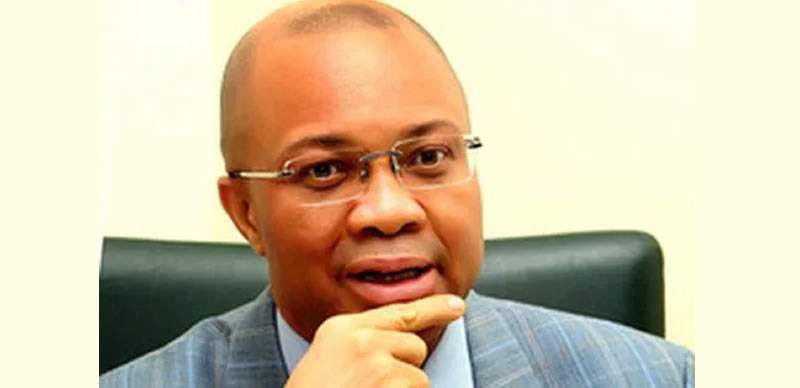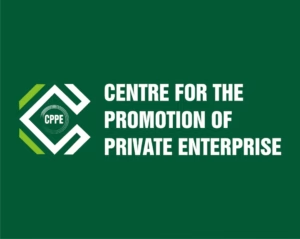In a candid conversation with Media Talk Africa, Ben Akabueze, the Director-General of the Budget Office of the Federation, sheds light on Nigeria’s economic challenges, emphasizing the imperative of addressing low public revenue and the intricacies of budgetary allocations.
Nigeria has long grappled with deficit budgets, predominantly financed through debt. Akabueze underscores the necessity of generating sufficient revenue to steer the nation away from this longstanding practice. He pinpoints low tax compliance and institutional deficiencies as primary hurdles impeding revenue generation, juxtaposing Nigeria’s tax receipts with those of other countries to underscore the disparity and the need for structural reforms.
In response to the prevailing notion that Nigeria overspends, Akabueze challenges this perception, asserting that the government is not allocating as much as necessary. He stresses the government’s obligation to provide essential public services and infrastructure, regardless of revenue shortfalls, citing examples of gaining public buy-in through visible utilization of borrowed funds for public projects.
The discussion delves into budgetary specifics, such as the earmarking of funds for the creation of a Trade Intelligence Unit and the rationale behind such allocations, ultimately leading to a nuanced understanding of budget priorities and the complexities of balancing diverse sectoral needs.
Akabueze candidly confronts the skepticism surrounding budgetary allocations to critical sectors like agriculture, arguing that simply increasing budgetary allocation does not guarantee commensurate sectoral growth. He advocates for strategies to attract private investment and emphasizes the interconnectedness of various ministries and their contribution to the growth of the agricultural sector.
Moreover, Akabueze expounds on the government’s efforts to foster collaboration with the private sector, outlining initiatives within the 2024 budget aimed at promoting consumer credit, supporting mortgage schemes, and facilitating public-private partnerships. He candidly addresses the challenges and limitations in implementing such collaborations, citing past experiences and the political intricacies involved.
Finally, Akabueze reflects on the trajectory of Nigeria’s policy outcomes, expressing cautious optimism regarding the nation’s capacity to realize the budget’s objectives. He underscores the persistent need to address low public revenue and insists that reducing government spending is not a feasible solution, given the essential public expenditure obligations and existing debt service commitments.
This exclusive interview with Akabueze offers an illuminating insight into Nigeria’s fiscal strategy, presenting a comprehensive picture of the nation’s economic challenges, budgetary intricacies, and the ongoing efforts to drive economic resilience and growth.





